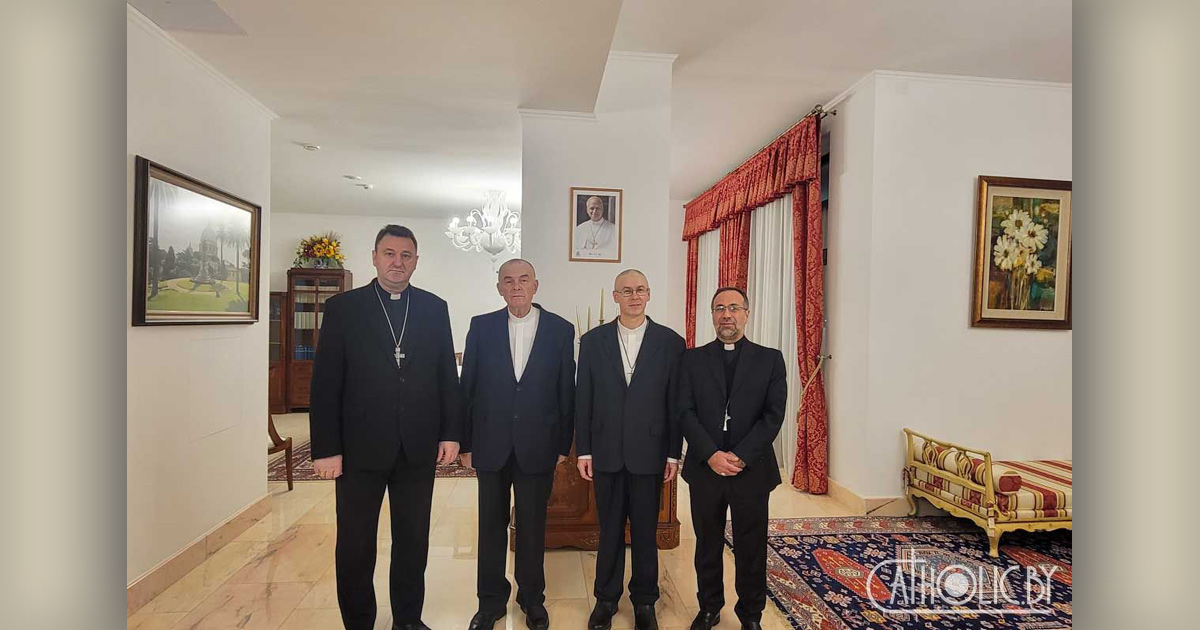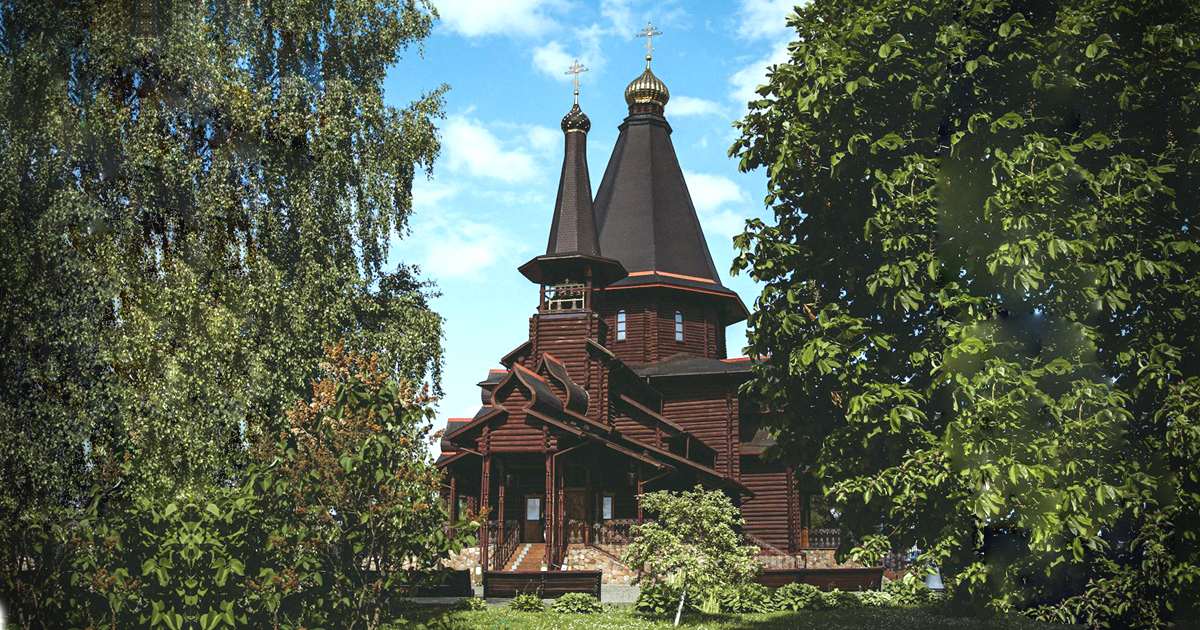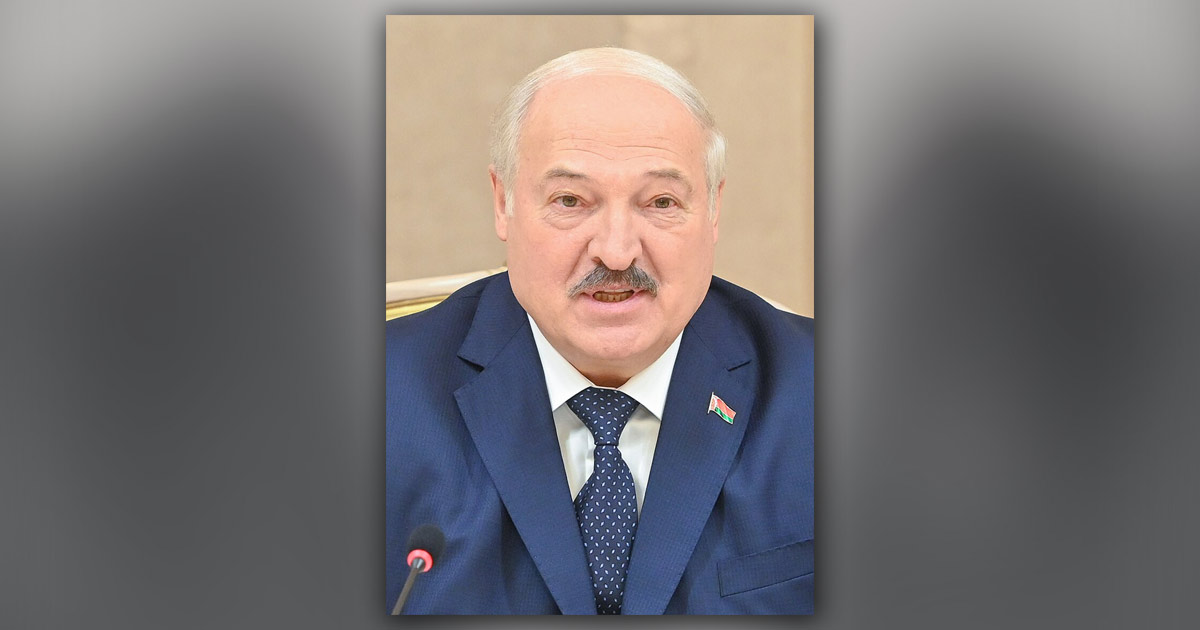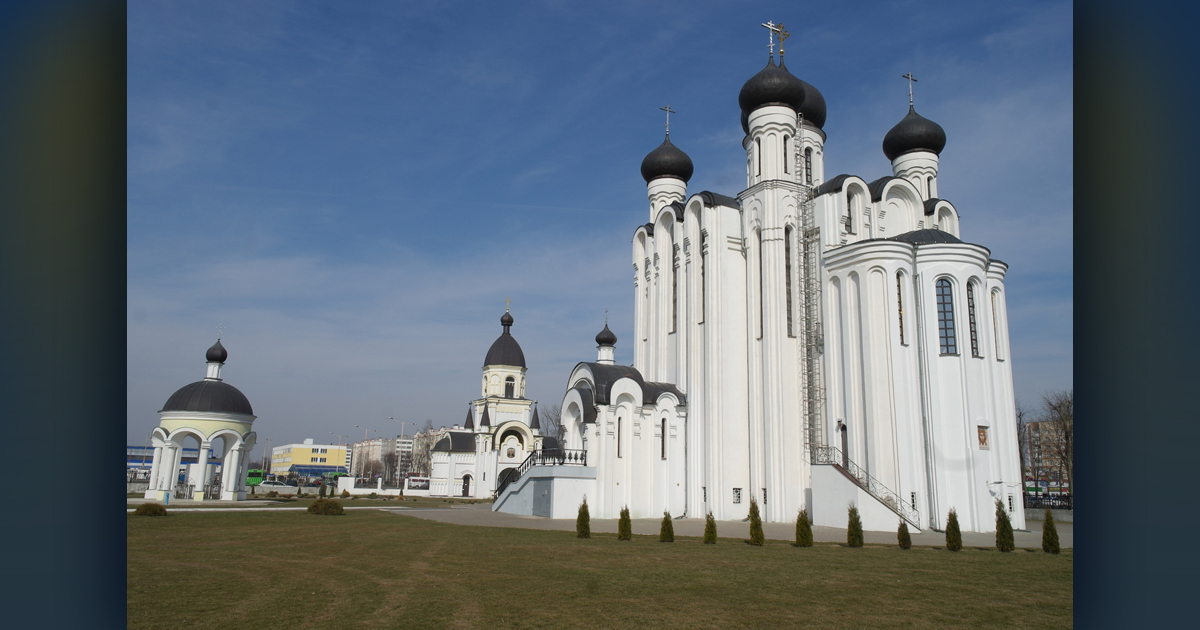 A young Catholic layman, who turned his home into a shelter for homeless people with a prayer room, is being accused of leading an unregistered religious organization. Aleksei Shchedrov, who says he has helped about 100 local people since December 2011, is being investigated on criminal charges under Article 193-1. As a result, he now faces a maximum possible sentence of two years' imprisonment. (To learn of other cases of persecution, go to the Belarus Country Report.)
A young Catholic layman, who turned his home into a shelter for homeless people with a prayer room, is being accused of leading an unregistered religious organization. Aleksei Shchedrov, who says he has helped about 100 local people since December 2011, is being investigated on criminal charges under Article 193-1. As a result, he now faces a maximum possible sentence of two years' imprisonment. (To learn of other cases of persecution, go to the Belarus Country Report.)
The criminal investigation against 28-year-old Aleksei followed police raids on the shelter in February and April of this year. "I am a Christian and I started to help those who are in need," he explains while being interviewed in the village of Aleksandrovka, Grodno Region. "I give them food, a bed, a bath and clothes, and I pray together with them. But this is no religious organization, just charity." A priest used to visit the shelter, but stopped after the authorities pressured the Bishop of Grodno into ordering the visits to stop.
May the Lord bless Aleksei for extending heartfelt compassion toward Belarus' homeless people, and may the wonderful work of this ministry continue to meet their practical and spiritual needs. God's Word strongly warns that He will contend with those who contend with His people (Isaiah 40:25). Pray that the reverential fear of the Lord, which is the beginning of wisdom, will come upon those who are standing in opposition by obstructing His work. As a result, instead of hindering this important charitable outreach, may they become its greatest supporters.





